Industry News
-
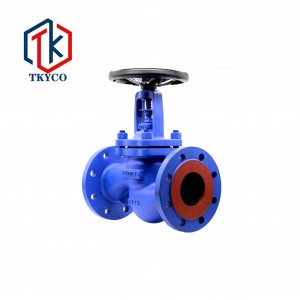
Why should the stop valve have low inlet and high outlet?
Why should the stop valve have low inlet and high outlet? stop valve, also known as stop valve , is a forced-sealing valve, which is a kind of stop valve . According to the connection method, it is divided into three types: flange connection, thread connection, and welding connection. Ch...Read more -
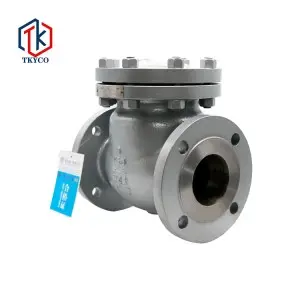
Installation method of silent check valve
Silent check valve: The upper part of the valve clack and the lower part of the bonnet are processed with guide sleeves. The disc guide can be freely raised and lowered in the valve guide. When the medium flows downstream, the disc opens by the thrust of the medium. When the medium stops...Read more -
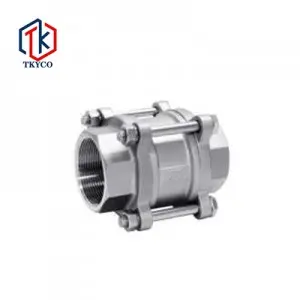
What are the types of valves?
valve is a mechanical device that controls the flow, direction, pressure, temperature, etc. of the flowing fluid medium. The valve is a basic component in the pipeline system. Valve fittings are technically the same as pumps and are often discussed as a separate category. So what are the t...Read more -
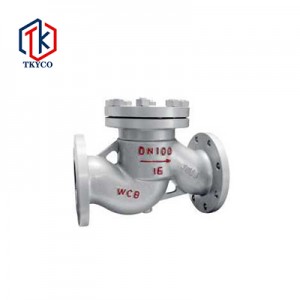
Advantages and disadvantages of plug valves
There are many types of valves, and each has its own advantages and disadvantages. Here are five major valve advantages and disadvantages, including gate valves, butterfly valves, ball valves, globe valves and plug valves. I hope to help you. Cock valve: refers to a rotary valve with a plunge...Read more -
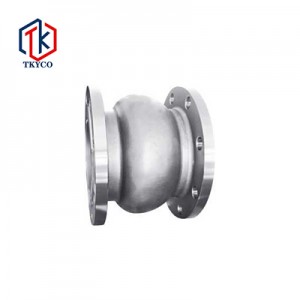
The working principle of the exhaust valve
The working principle of the exhaust valve I often hear us talk about various valves. Today, I will introduce us to the working principle of the exhaust valve. When there is air in the system, the gas accumulates on the upper part of the exhaust valve, the gas accumulates in the valve, and t...Read more -
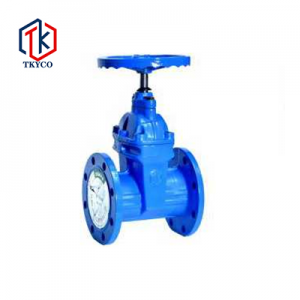
The role of pneumatic ball valve in working conditions
Taike valve-what are the functions of pneumatic ball valves in working conditions The working principle of pneumatic ball valve is to make the valve flow or block by rotating the valve core. The pneumatic ball valve is easy to switch and small in size. The ball valve body can be integrated o...Read more -
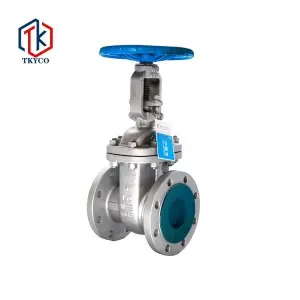
Six precautions for valve purchase
一. Strength performance The strength performance of the valve refers to the ability of the valve to withstand the pressure of the medium. The valve is a mechanical product that bears internal pressure, so it must have sufficient strength and rigidity to ensure long-term use without cracking ...Read more -
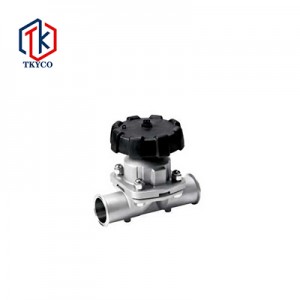
Precautions for butterfly valve installation
What aspects should be paid attention to when installing the butterfly valve? First, after opening the package, the Taike butterfly valve cannot be stored in a humid warehouse or open air environment, nor can it be placed anywhere to avoid rubbing the valve. The location of the installation ...Read more -
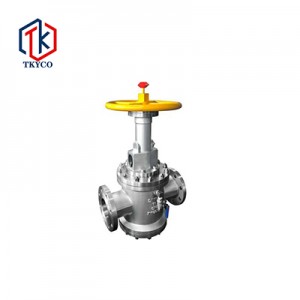
Material selection of chemical valves
1. Sulfuric acid As one of the strong corrosive media, sulfuric acid is an important industrial raw material with a very wide range of uses. The corrosion of sulfuric acid with different concentrations and temperatures is quite different. For concentrated sulfuric acid with a concentration above ...Read more -
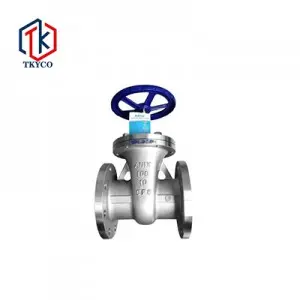
The sealing principle and structural features of floating ball valve
1. The sealing principle of Taike floating ball valve The opening and closing part of Taike Floating Ball Valve is a sphere with a through hole commensurate with the pipe diameter in the middle. A sealing seat made of PTFE is placed on the inlet end and the outlet end, which are contained in a me...Read more -
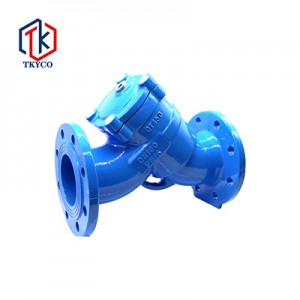
How to solve the problem of the water pump regulating valve?
In real life, what should we do when the water pump fails? Let me explain to you some knowledge in this area. The so-called control valve instrument faults can be roughly divided into two categories, one is the fault of the instrument itself, and the other is the system fault, which is the fault ...Read more -
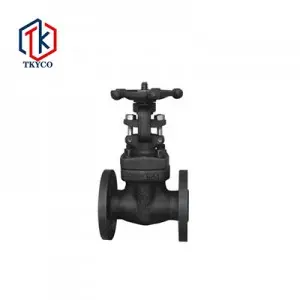
Why is the valve not closed tightly? How to deal with it?
The valve often has some troublesome problems during the use process, such as the valve is not closed tightly or tightly. What should I do? Under normal circumstances, if it is not tightly closed, first confirm whether the valve is closed in place. If it is closed in place, there is still leakage...Read more












